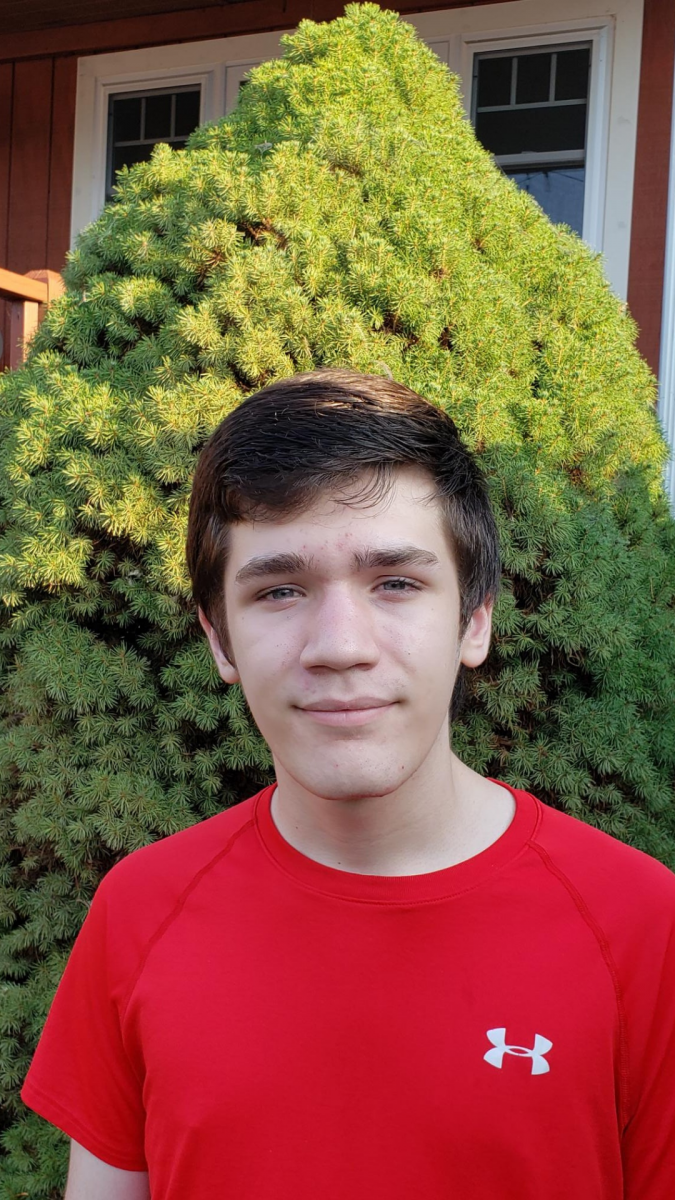
If I were to say one thing about being a Smithsonian Digital Transcription Volunteer, it would be that history leaves a lot more behind than I thought it did. My experience as a transcriber of various historical records, from memos to newspaper clippings to journal entries, has definitely opened my eyes to just how much there is to see, as well as preserve, in regards to history. While it may not always be easy examining and copying documents, especially ones that are faded, torn, written in another language, or arranged in a difficult-to-copy format, there's a sense of accomplishment when you finally submit a document for approval after typing it out or mark one as complete after looking it over that I find very much rewarding.
When COVID shut down school and most other activities well into the Summer, I wondered how school and summer activities would be adapted to remote learning, or if they'd even still happen. Fortunately, this transcription program provided me an option to stay engaged and even contribute to preserving history, no matter how small my role was. Although some might question how important transcribing and preserving these documents might be, I think it not only provides something to do during the Pandemic while waiting to get back to school, but makes history more accessible and understandable for anyone who wants to view it and learn from it.
[Research notes from Evelyn F. Leland, an astronomer at the Harvard-College Observatory,
was one of the most interesting sets of documents I helped to transcribe.]
Transcribing feels like I'm sifting through archives of history and tidying them up, helping preserve and spread knowledge of history on to new people in new generations to ensure that the past is remembered and its mistakes not repeated. For that and all their other work, I thank the Smithsonian, both for having me and for working so hard and so diligently to preserve history for all to see.
____________________
Celebrating its 30th year in 2021, After School Matters is a nonprofit organization that provides after-school and summer opportunities to Chicago public high school teens to explore their passions and develop their talents while gaining critical skills for work, college, and beyond. After School Matters programs are project-based, led by industry experts, and provide a pathway to progress in skills development and independence. Teens earn a stipend while participating in programs in the arts, communications and leadership, sports, and STEM (science, technology, engineering, and mathematics). Over the span of three decades, After School Matters has engaged more than 350,000 teens throughout the city of Chicago. Learn more at www.afterschoolmatters.org.
